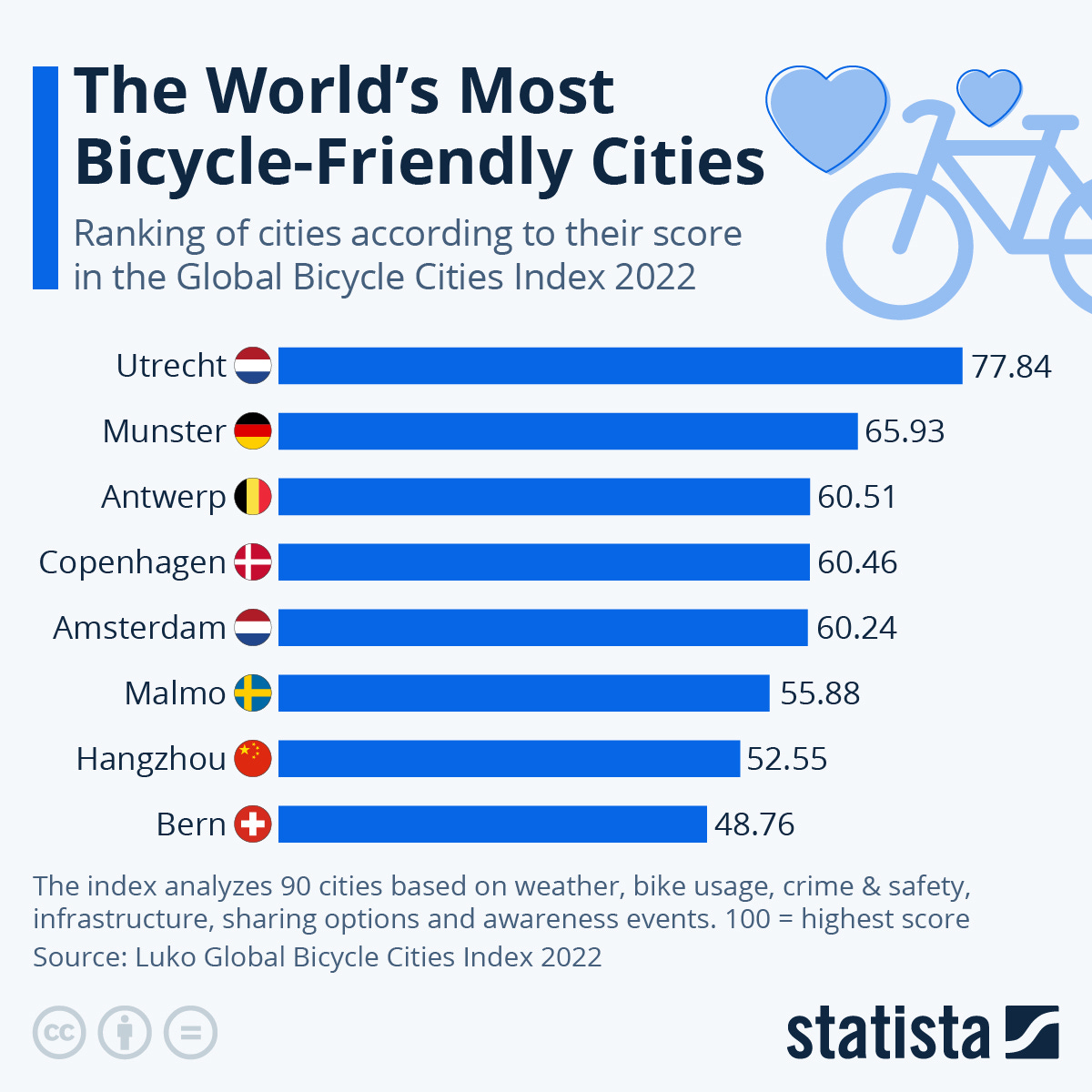Miami’s Bolt has bolted from the market
As efforts are being made to save Bolt’s fleet of vehicles, Sanibel is banning e-bikes from its beaches and safer battery technology is being explored.
I’m out of town on a little vacation with my wife for a few days, so this week’s newsletter will be a little leaner than most. I did want to get one out, though, because some interesting developments have popped up in the last week.
Bolt’s Bolt Mobility has bolted, leaving thousands of e-bikes & e-scooters stranded
Bolt Mobility, co-founded by eight-time Olympic gold medalist Usain Bolt and headquartered in Miami, has apparently shut down over the last few weeks and abandoned thousands of micromobility vehicles across at least eight cities that includes St. Augustine, according to TechCrunch.
During this time, no one has been able to get a hold of anyone from Bolt. This includes attempts from cities, as Robert Goulding, public information manager at Burlington’s Department of Public Works, states:
All of our contacts at Bolt, including their CEO, have gone radio silent and have not replied to our emails.
This was echoed by Richmond, California Mayor Tom Butt:
[Bolt] went out of business without prior notification or removal of their capital equipment from city property.
So what about that e-scooters and e-bikes that were abandoned? Since these are shared mobility devices, they require a rider to unlock them using the operator’s app. But with Bolt having gone AWOL, the app and ability to unlock these vehicles has ceased.
That’s where the manufacturer, Element LEV, has stepped in to ‘save the day’. Electrek covers the efforts that Element LEV is undertaking to unlock and rescue these vehicles for the cities they are located in. As Element LEV’s VP of strategic partnerships Pete Ballard explained:
As the manufacturer of the e-bikes deployed by Bolt, we hate to see products abandoned and cities and universities left without a functioning shared mobility system. We felt compelled to help and have been in contact with multiple partners across the US. Our team is jumping in to unlock those devices and working hand in hand with these markets to relaunch a healthy system.
As the story behind the fall of Bolt Mobility continues to unfold, it’s good to see its shared mobility devices won’t be thrown to the trash and leave a bad taste in the mouths of the city leaders who took a chance on micromobility.
Sanibel has banned e-bikes from the beach
The hits just keep on coming, it seems, for e-bikes. Though this one is just a nick in the grand scheme of things, the City of Sanibel has banned e-bikes on the beach and beach access. The movement began in May and the city finalized the decision this week.
What triggered the ban? Apparently a Facebook ad, according to Councilman Mike Miller:
It was a Facebook ad about the availability of e-bikes for use on the beaches of Sanibel combined with my knowledge of e-bikes that were the impetus for the proposal.
While bicycles themselves aren’t banned from the beach, it looks like more e-bikes were showing up during their rise in popularity and were riding closer to the waters edge, allegedly making things a little more dangerous for beach patrons and disturbing the shorebirds and wildlife in the area.
Not a Florida, or US, city in sight on the list of bicycle friendly cities
The Global Bicycle Cities Index for 2022 was released by digital insurance company Luko, and not a single Florida city made the list of 90 from across the globe.
According to Statista, the index analyzed 6 different categories: the weather, bicycle usage, crime & safety, infrastructure, bike sharing opportunities and awareness events such as ‘No Car Day’. While Florida has year-round perfect weather for riding, it’s been proven again and again that infrastructure, bike sharing and safety are woefully lacking. The only American cities that did make the list were San Francisco at 39, Portland at 41, and Seattle at 50.
A path to powering past lithium?
Micromobility devices around the world are powered by lithium-ion batteries. As we’ve been seeing more and more in the news, these batteries have their problems. Besides the dangers, charging times are too long. Engineering.com has a great article exploring a new battery technology that is being developed by California-based ZappBatt that could change the game: lithium titanium oxide (LTO) batteries. Using AI and new battery hardware, ZappBatt hopes to reducing charging times to 20 minutes and reducing the risks of fires.
Quote of the Day
A wealth of information creates a poverty of attention.
The other day I came across this quote from Herbert Simon which can apply easily to the growing threat of distracted driving. This threat goes beyond drivers on their phone scrolling Instagram or looking at a directions on Google map, but it also includes the amount of information and computers being installed in cars and trucks by manufacturers.



